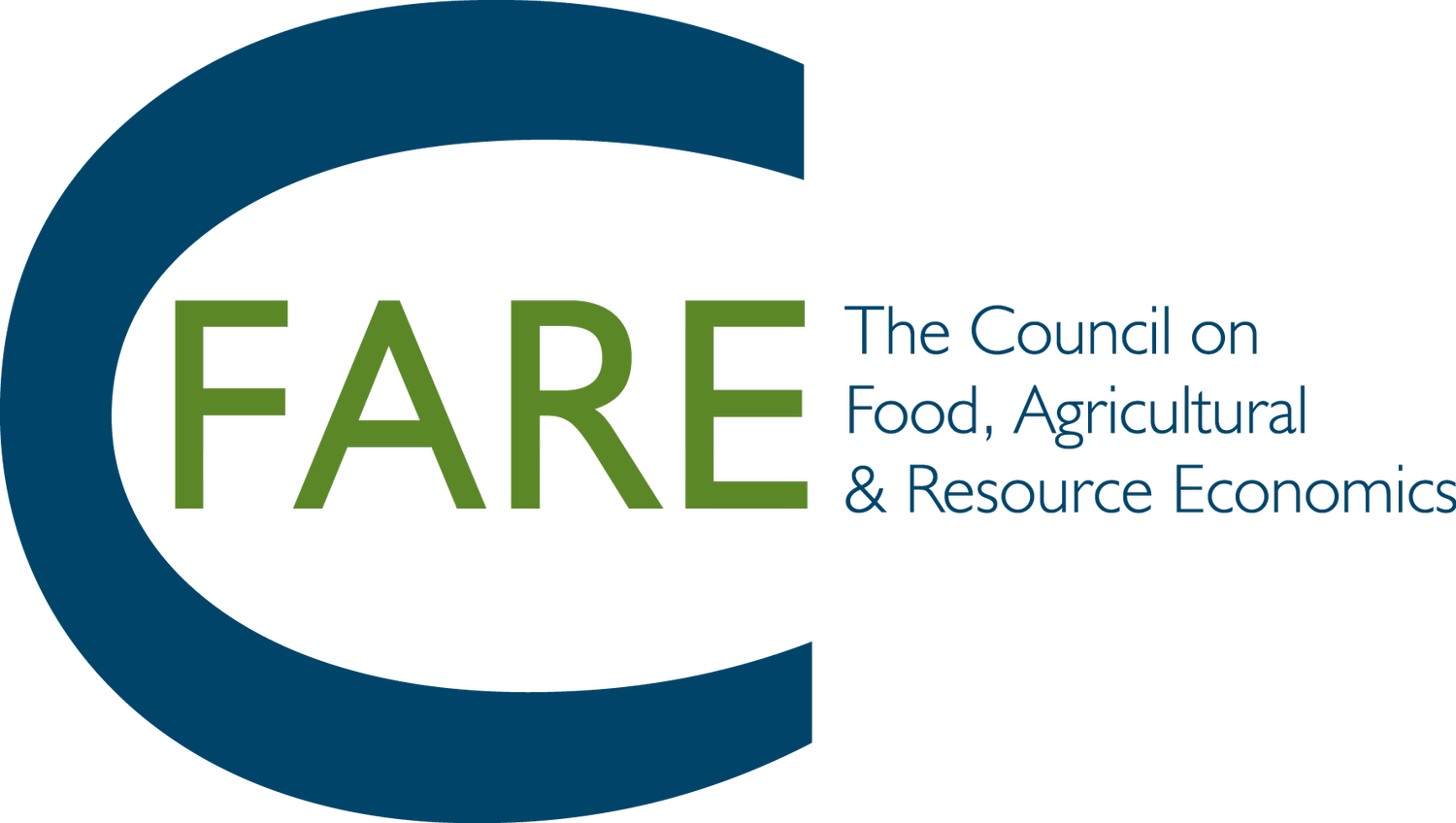Preconference Workshop at the AAEA Meetings - July 2025
The focus of this workshop is to learn about, discuss and apply recently developed methods for measuring and analyzing how agriculture and food systems affect nutrition and health. This workshop will address the topic in three parts: focusing first on access to food, then diet quality for health, and then combining the evidence to inform policy responses. This sequence is detailed below:
1. New evidence on food security and access to healthy diets
This workshop will begin with new methods used to measure whether a population has access to sufficient foods for an active and healthy life, using recently developed datasets on retail prices matched to food composition and nutritional requirements, combined with optimization tools to identify the lowest-cost healthy diets available at each time and place, and their affordability relative to income available for food (World Bank 2023). These data on the cost and affordability of healthy diets provide a diagnostic benchmark against which to compare actual dietary patterns, introduced in 2020 and was quickly adopted internationally to guide policies and programs (Wallingford et al. 2024). Tracking the affordability of least-cost diets allows policy analysts to distinguish whether poor diet quality and malnutrition was due to one of three possible causes: (a) high cost or unavailability of healthy diet where people live, (b) insufficient incomes available for food to afford even those least-cost healthy items, or (c) displacement of those least cost healthy items by other foods for reasons such as taste and aspirations, or time use and meal preparation costs. Measuring cost and affordability of healthy diets complements older techniques focusing on food insecurity, food deserts, and other metrics reviewed in a recent Handbook chapter surveying the economics literature on drivers of malnutrition (Masters, Finaret and Block 2022).
2. New evidence on drivers of diet quality, nutritional status and obesity
The second sub-topic for this workshop is analysis and measurement of nutritional quality for individual foods and overall diets, to identify the attributes of food that are most closely associated with unintended weight gain and obesity as well as diabetes, hypertension, kidney disease and other diet-related conditions. This work builds on advances in nutritional epidemiology that identify changes in dietary patterns (Liu and Mozaffarian 2024), and provide nutrient profile scores for individual items to measure their contribution to overall health (O’Hearn et al. 2023). Those metrics of nutritional value and food quality then provide actionable guidance for private enterprises and public policy, for example towards implementation of policies developed as part of the 2022 White House Conference on Hunger, Nutrition, and Health (Stephenson 2022), leading to a wide range of economic analyses of how those interventions affect nutritional outcomes (Caputo and Just 2022).
3. Obstacles and opportunities for policy response to improve diet quality in the U.S. and globally
The concluding section of this workshop is for operational questions regarding the cost-effectiveness as well as political, legal and administrative aspects of whether and how government interventions can use newly available data in efforts to improve diet quality for public health. Our aim in this part of the workshop is to spark dialogue among policy analysts across U.S. agencies, international organizations and universities, including researchers who have not yet worked directly with the new data and techniques discussed in the first part of our workshop. This discussion is also intended to be useful for analysts and instructors of new and existing courses for advanced undergraduates and graduate students using recently-developed materials(e.g., Food Economics: Agriculture, Nutrition and Health: Masters and Finaret 2024).
Introduction
William Masters - The New Economics of Food Security and Nutrition: Past, present and future of measurement to guide action in the U.S. and worldwide
Panel Session: Food security and access to healthy diets
Madeline Reed Jones - Food Security
Parke Wilde - Food Security and Access to Healthy Diets
This talk describes nutrition security as the intersection of food security and access to adequate dietary quality. It presents recent research in AEPP with Irma Arteaga at the University of Missouri about how food security responses differ for SNAP participants and non-participants. It then summarizes research in Food Policy with colleagues at Penn State University and Duke University about how food prices and nutrition constraints affect USDA’s Thrifty Food Plan (TFP) model. Previous updates to the TFP held constant the real cost, but USDA's 2021 update raised the cost by approximately 21%, leading to an unprecedented increase in the maximum SNAP benefit. This greatly enhanced public interest in the details of the TFP. For your own exploration, an interactive teaching tool, the Updated Thrifty Food Plan Calculator, is provided on the Tufts University website and the online supplemental materials for the textbook Food Policy in the United States: An Introduction (Earthscan/Routledge, third edition, 2025).
Joel Cuffey - Food Assistance Programs in the U.S.
Rudy Nayga - Ongoing Research on Food Security, Nutrition and Health
Panel Session: Drivers of diet quality, nutritional status, and obesity
Alessandro Bonanno - Exploring the Determinants of Obesity
Katie Harris Lagoudakis - Drivers of Dietary Quality
Yanhong Jin - Drivers of Diet Quality, Nutritional Status, and Obesity
Yawotse Nouve - Policy Implications of Nigerian Consumer Preferences
Keynote
Spiro Stefanou - Food and Nutrition Research at USDA's Economic Research Service
Panel Session: Obstacles and opportunities for policy response to improve food security and diet quality in the U.S. and globally
David Zilberman - Food Security, Diet Quality, and Policy Challenges
Jill McCluskey - Demand for Ultra-processed Food in the United States
Norbert Wilson - Just Convergence: A Framework for Food Security Research
Vincenzina Caputo - Informing Food Policy: From Data Needs to New (Digital) Policy Tools
